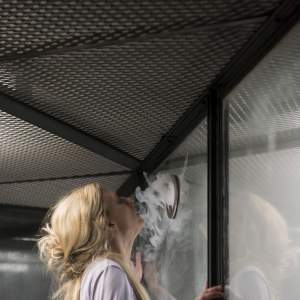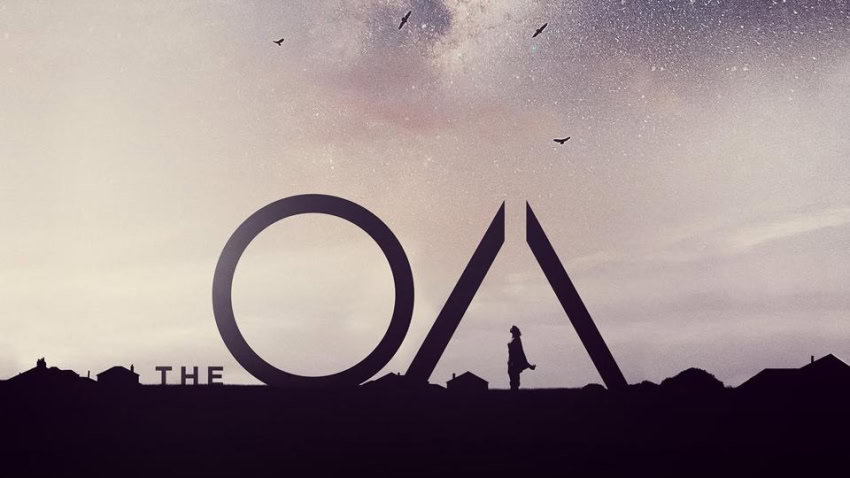*Disclaimer: Potential spoilers ahead*
As far as TV series are concerned — and probably JUST as far as TV series — 2016 simply continued giving and giving. Despite the fact that it’s gone now, last year managed to leave us one last gift before saying farewell.
The OA – a mystery-spiritual thriller that began streaming on December 16,2016 on Netflix and spotlights on a visually impaired woman (Brit Marling) who vanishes and reemerges with her sight conceded — is that gift, and it is extraordinary.
The show’s surprise arrival, following zero pre-release promotion from Netflix, likewise reflects the show’s narrative approach, which is astonishing in its emphasis on dodging straight lines and supporting hairpin turns. Each and every scene, as directed with exquisite assurance by Batmanglij, who also co-wrote the greater part of them with Marling, veers in ways that only the individuals who read advance spoilers or happen to be visionary will have the capacity to envision ahead of time.
There are times, as you move through the binge-defying show, when you’ll think the entire thing is only a major advertising ploy, that there is no there, or if there is one, it’s overcooked, inflated hooey, with gobs of unintended jokes gallivanting around in the pretense of faux-metaphysical import.
Marling plays a lady named Prairie Johnson, who was conceived in Russia but then was adopted and brought up in the U.S. by Abel and Nancy Johnson (Scott Wilson and Alice Krige). Prairie went blind at some point in her childhood in Russia. As a young woman, she disappears and then reappears seven years later.

After she returns home, brings together an odd group of people together for daily narrating sessions in a vacant house, left alone in the middle of local construction. The group involves three high school school kids; an oversexed, pained bully named Steve Winchell (Patrick Gibson); a transgender kid named Buck Vu (Ian Alexander); an academic, nervous overachiever named French (Brandon Perea); and an apprehensive, contemplative instructor nicknamed BBA (Phyllis Smith).
Prairie says she was kidnapped and utilized as a lab rat by a researcher fixated on discovering evidence of life after death. In captivity, she conversed with angels, traveled through dimensions and breathed life into the dead — all the while living underground in a Plexiglas cell with four others trapped with her.

Throughout the season, Prairie recounts more of her story, and we are taken to the seven years she was held hostage in a glass cage inside of an old mine shaft. To begin with, there are four prisoners. The introduction of a fifth hostage appears to offer a possibility for escape. What was the reason for her captivity? How does her youth in Russia interlink with her life in the U.S before and after her she is kidnapped? Is the scientist who captured her and other a true researcher or a maniac? What is Prairie’s association with the others in put in rooms in the glass-walled jail? Why is it important for Prairie to recount sections of her story to four individuals, and just four individuals, only? Why is she recounting to them the story in any case? Is this only a method for portraying a flashback? Most importantly, what’s the OA? What does it even mean?
Whether her story is genuine or the result of extreme trauma is one of many questions at the heart of this haunting, effortless and regularly frustratingly enigmatic series.
And even if you do end up “getting it,” despite everything you’ll be left with unanswered questions. The thought of mortality, life after death, the interconnectedness of life and the conceivable relationship of the physical and mystical planes. You won’t discover the answers, obviously, however you won’t have the capacity to un-ask yourself those questions.
“The OA” is a standout amongst the most critical shows of the year essentially in light of the fact that Marling and Batmanglij barrel through such a variety of limits, extend their consolidated creative impulses so far and challenge the shopworn statutes of what should make an “acceptable” TV show these days.














